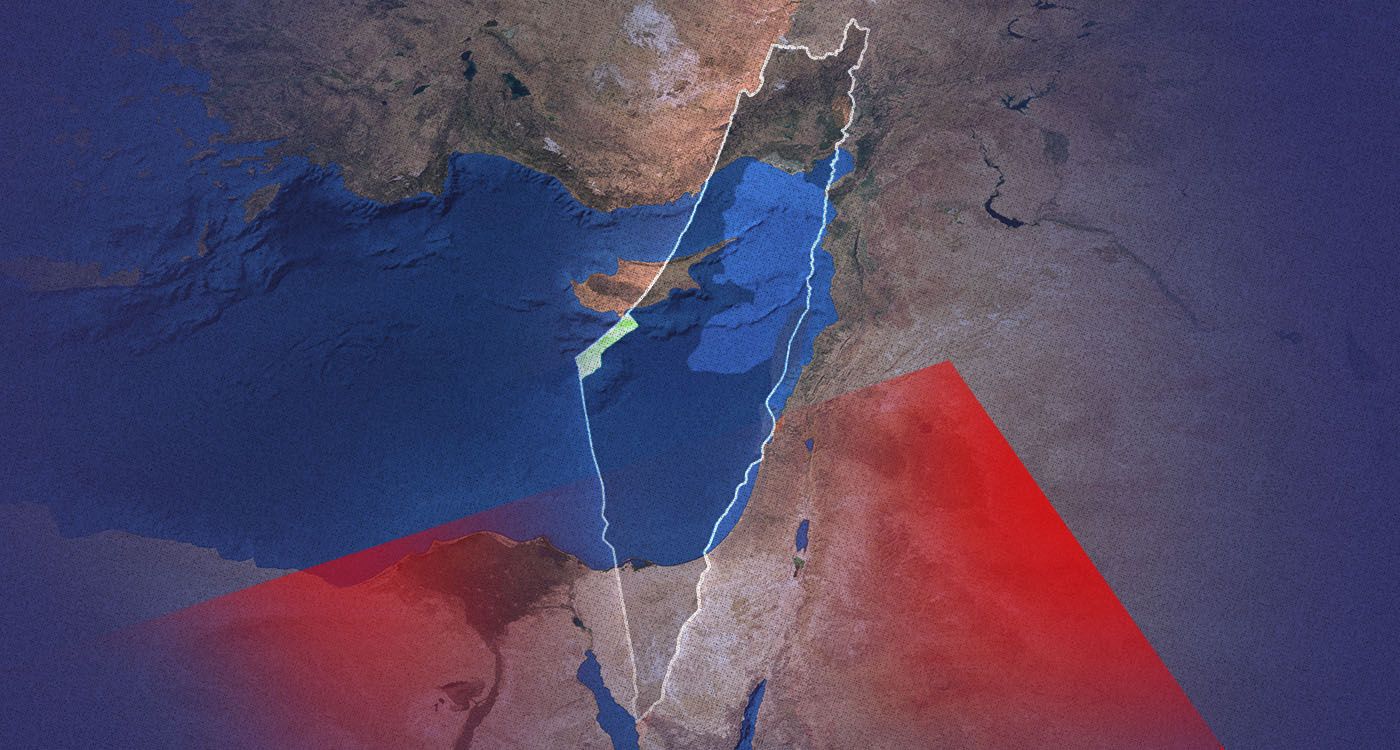- Home
- Middle East
- Debating Tom Friedman on ‘Global Struggle’

©This is Beirut
I have great admiration for Thomas Friedman and have long followed his writings. He was instrumental in shaping my support for democracy when he argued that two democracies would not go to war. He supported toppling Saddam Hussein’s regime in Iraq, as I did, and we both believe that the nation-state is, in some ways, a defunct concept. Today, nations compete not for territory and resources, as in past centuries, but for a share in the global knowledge economy.
While Friedman often brings clarity to policy discussions, he sometimes wades into the quicksand of politics. He has made it his job to bash Israeli Prime Minister Benjamin Netanyahu and his ruling coalition.
As for me, I rarely concern myself with Israeli domestic politics. I prefer to view Israel within its broader regional and global context. Regionally, a country as successful as Israel is an asset to its neighbors. Globally, it has been one of the United States’ most reliable allies—and America should continue to reward that alliance with unequivocal support. Who holds power—whether in Washington or Jerusalem—should be irrelevant to long-term policy.
In his most recent column, How the Attacks on Iran Are Part of a Much Bigger Global Struggle, Friedman identifies two competing worldviews: one that seeks integration and the free flow of trade and knowledge, and another—often referred to as the Global South—that sees global affairs as a zero-sum game where might makes right.
To his credit, Friedman sets aside partisan politics and, despite his opposition to President Trump and Prime Minister Netanyahu, acknowledges their success in shrinking Iran’s regional influence and its threat to the camp of peace and knowledge.
But then he contradicts himself. While he champions openness and trade as the foundations of modern statecraft, he also insists that granting Palestinians territory to build a state beside Israel could unlock greater potential for integration.
Here’s my question to Friedman: Why do we think that knowledge and trade are the beating heart of peace and prosperity for all nations, except the Palestinians? Why do we encourage nations to invest in human capital, governance, and the rule of law, but measure the Palestinians solely by how much land they hold, not by how well they are governed? Catalonia, Spain, one of the most coveted spots on earth, is autonomous but not sovereign.
Arabs often respond to the question “Why the land?” with “Why do Jews want the land?” But there is a profound difference between how Arabs and Jews relate to land.
Eight million Jews form the majority in one country on Earth—Israel—where public life reflects their heritage: Hebrew is the national language, and holidays such as Hanukkah and the Sabbath shape the public calendar. Israel, including the Golan Heights and what was once British Mandate Palestine, covers just 22,000 square kilometers.
For the Jewish state, a demographic majority and control over a small territory are essential to its survival.
In contrast, 400 million Arabs form majorities in 21 countries, where Arabic is the official language and public holidays include Friday, Eid al-Fitr, and Eid al-Adha. Together, they are sovereign over 13 million square kilometers of land.
Arab statehood is nowhere near threatened. Arabic is the fifth most widely spoken language in the world. Islam is the second-largest religion globally. With such vast land, the Arab world can easily afford to concede 5,000 square kilometers—the territory of the West Bank and Gaza—to Israel without blinking an eye.
What the Arab world lacks, and Israel possesses in abundance, is not land but knowledge, good governance, and a high standard of living.
Creating a Palestinian state in the West Bank and Gaza will not solve the Arab world’s challenges. It would merely add more territory to a region already plagued by poor governance. Except for the Gulf Cooperation Council (GCC) countries, the remaining 15 sovereign Arab states—including resource-rich nations like Iraq, Libya, and Algeria—are plagued by mismanagement, with many failing altogether.
Arabs should ask themselves whether Friedman’s proposal truly makes sense. Will adding a likely failing Palestinian state to the group of already struggling Arab nations be the key to unlocking regional integration and prosperity? My answer is a resounding no.
Removing the Iranian regime and its proxies would buy the Middle East a decade or two of peace—and with that, the possibility of integration and growth. Granting Palestinians statehood is irrelevant to that equation. By blending outdated ideas like Palestinian sovereignty with modern concepts like a global knowledge economy, Friedman undermines his otherwise sound policy arguments with political partisanship—whether in Israel or the US.
Let’s leave politics to the politicians, Tom. Let’s focus on strategy and policy. Palestine is politics. Peace is policy.
Read more




Comments